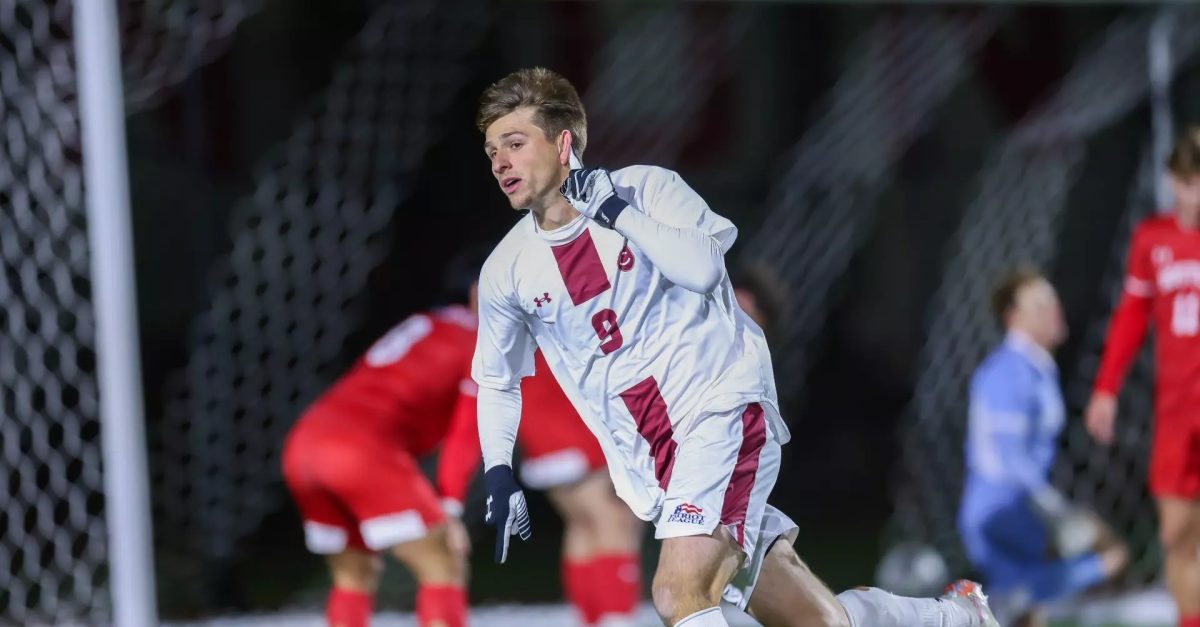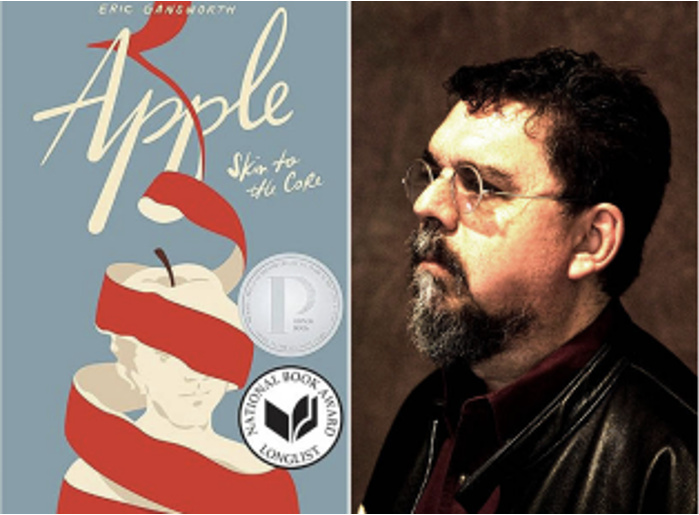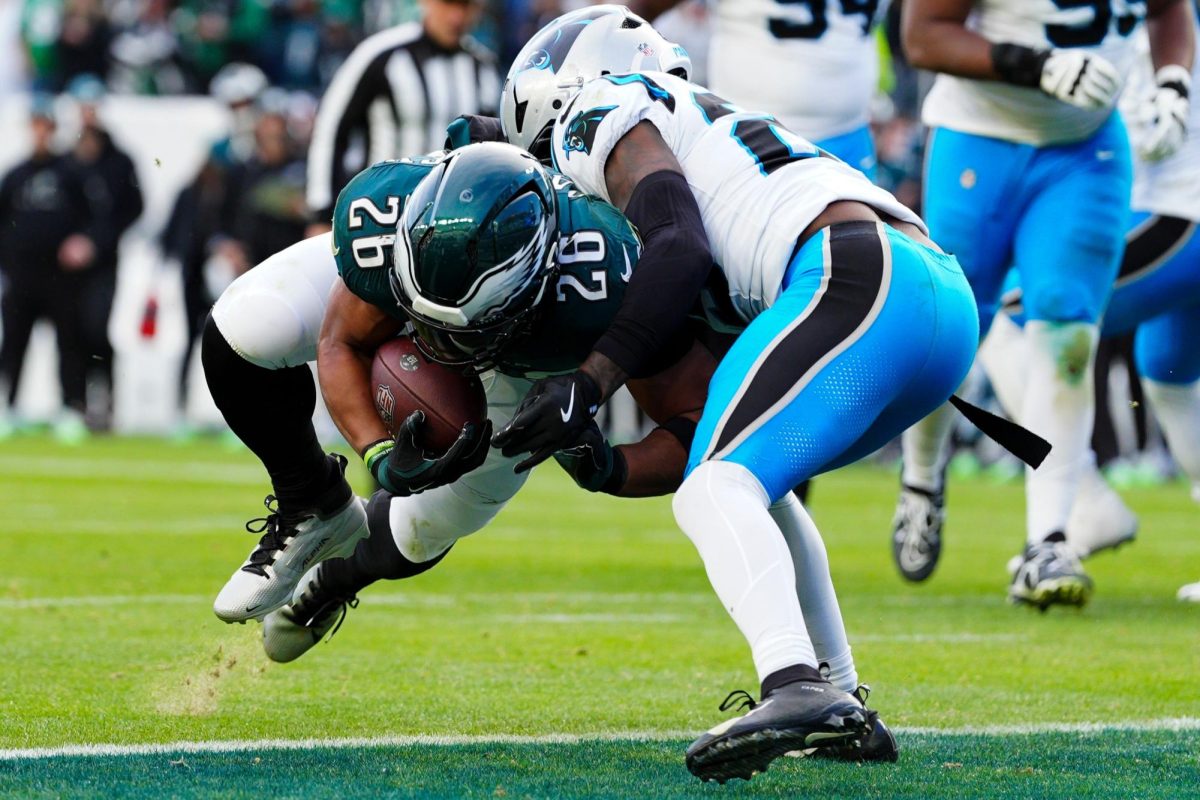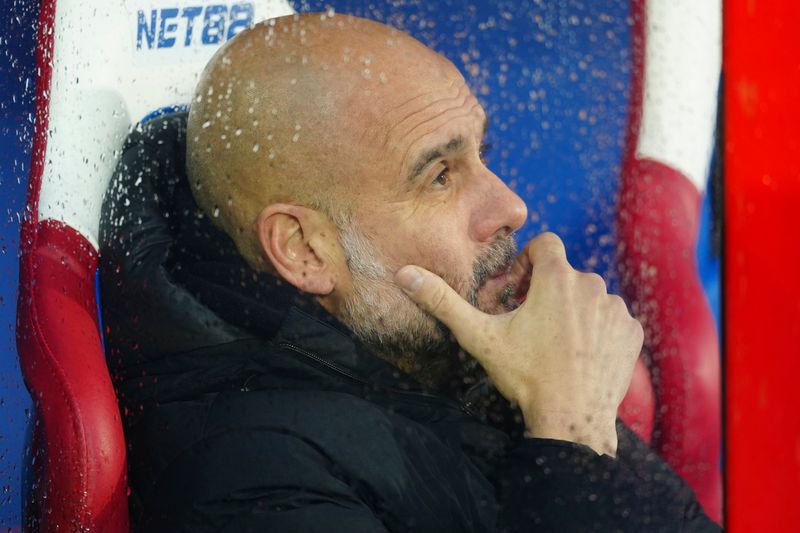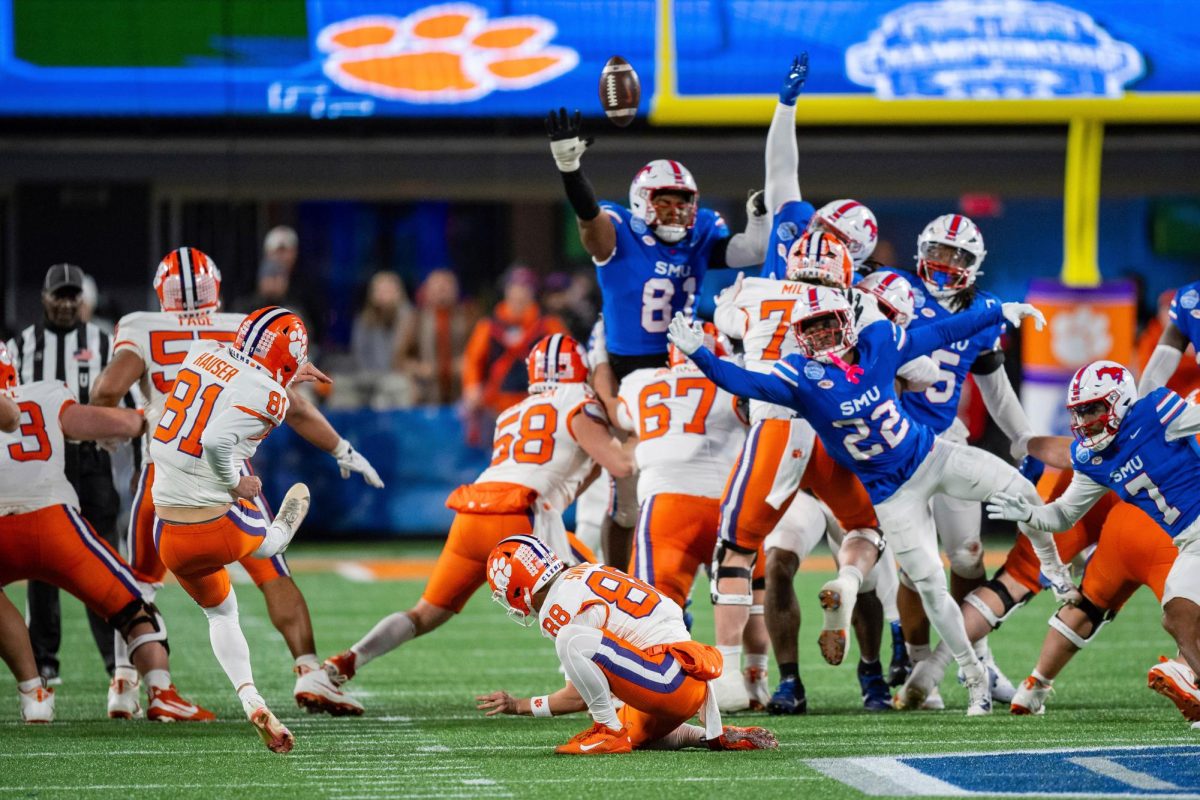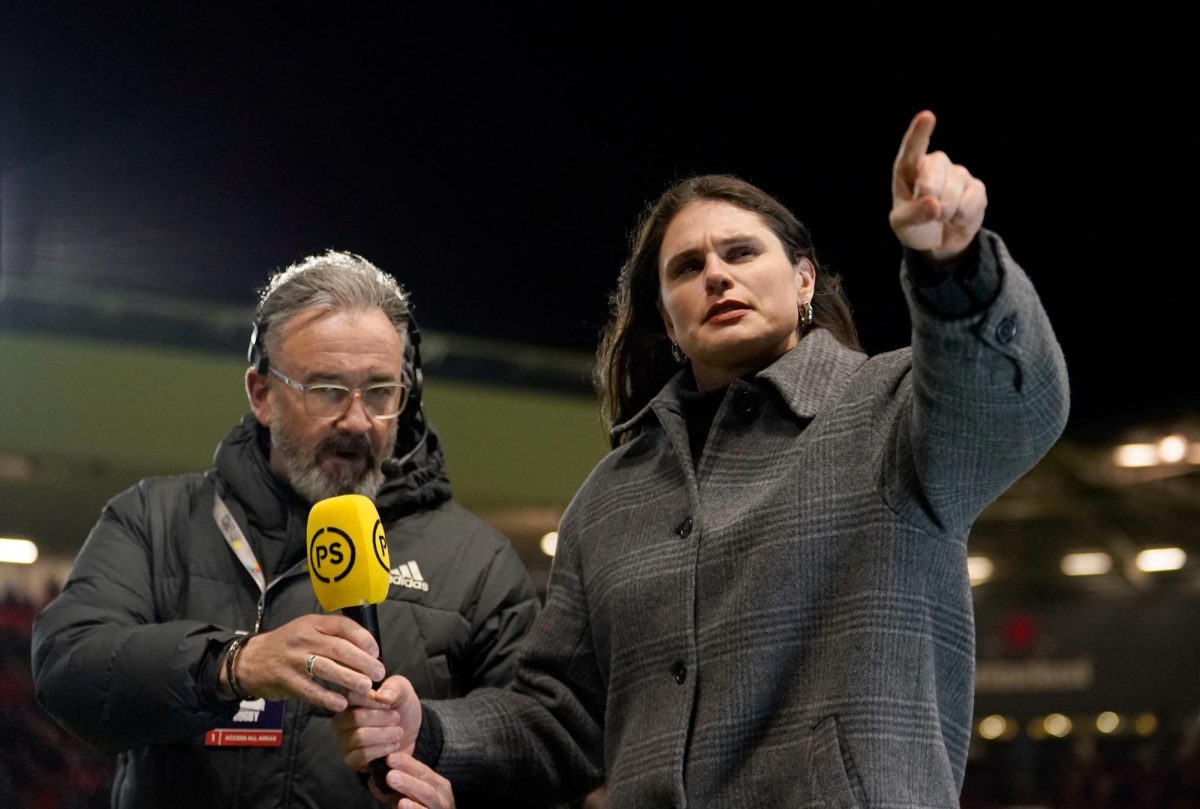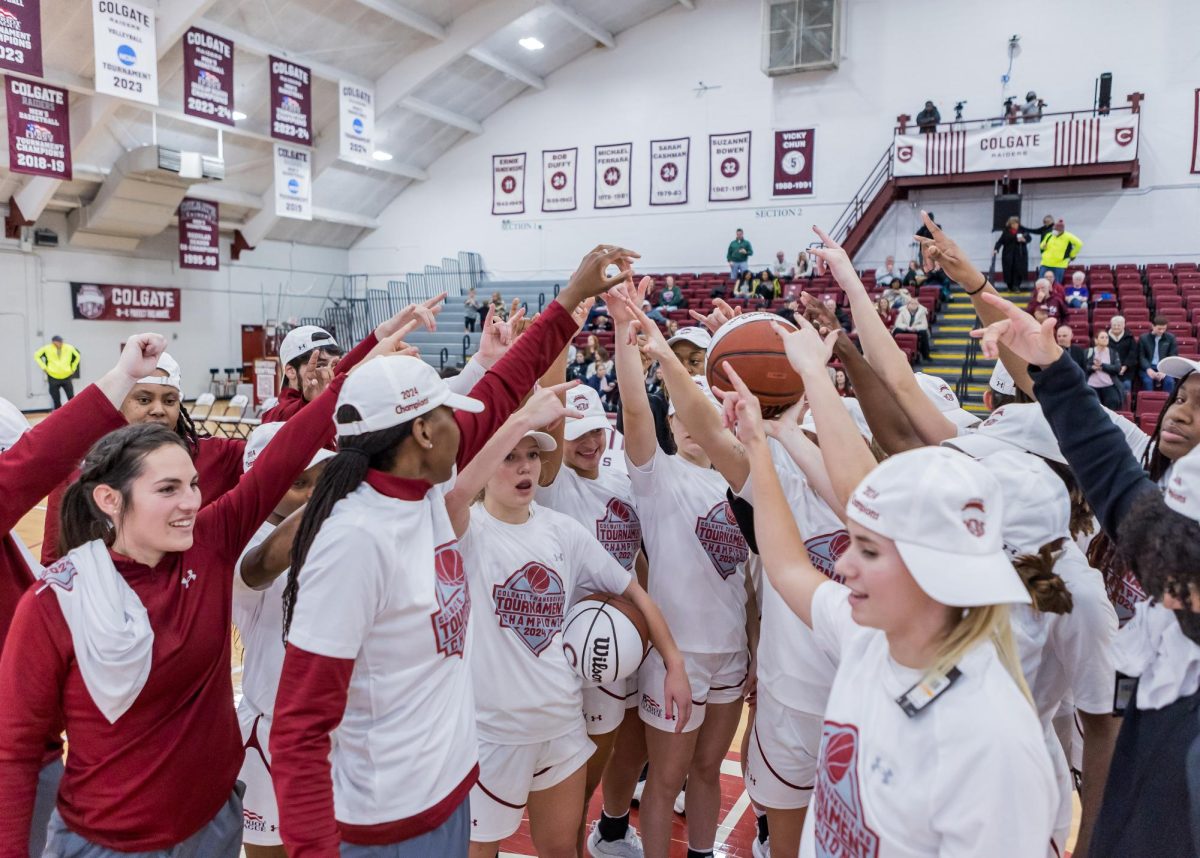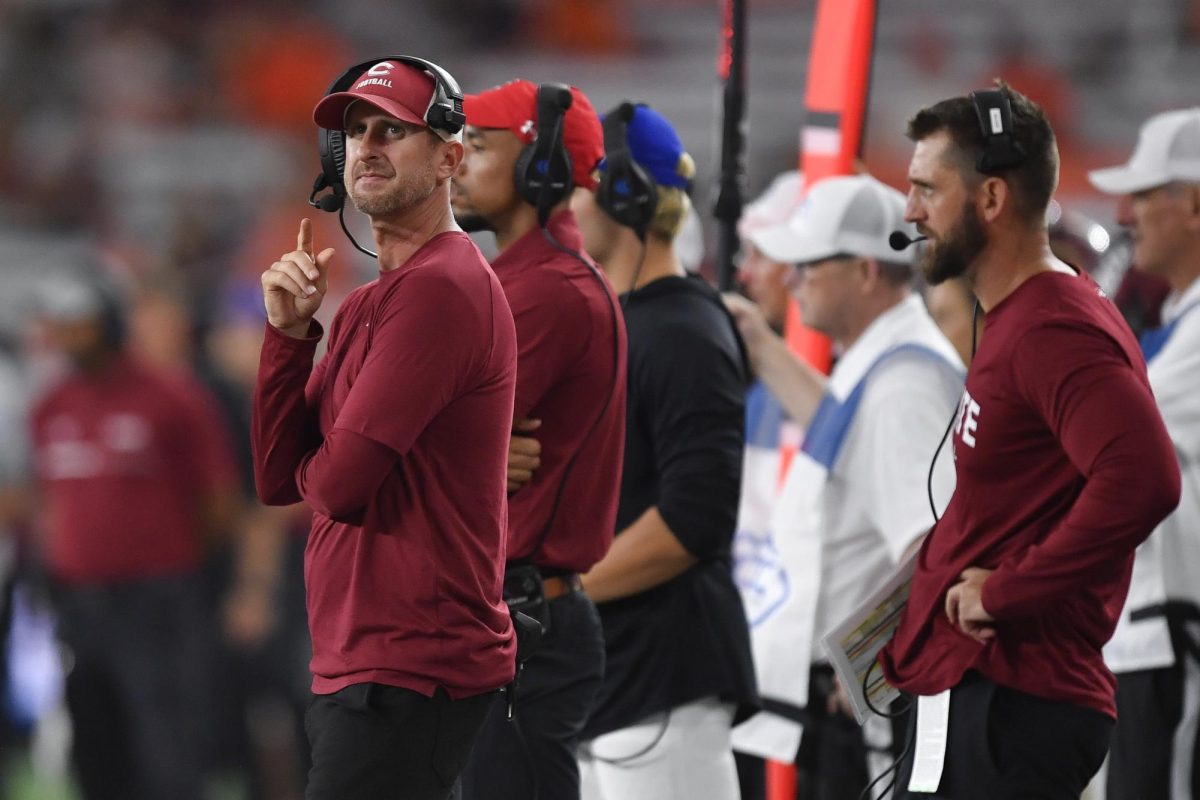The Los Angeles Dodgers defeated the New York Yankees in Game Five of the Fall Classic last Wednesday night, winning the series four games to one. In doing so, the Dodgers earned their second title in five years and their eighth overall as an organization.
At the onset of the World Series, baseball fans were ready to see the best and richest teams in the sport compete for it all. But for the Yankees, things didn’t initially play out as intended. Freddie Freeman’s walk-off grand slam in extra innings of Game One was the first domino to fall in a series of events that gave the Dodgers an eventual three game series lead. No team, except for the Boston Red Sox in the infamous 2004 ALCS, has ever come back from a three game to zero deficit.
When the Yankees took full advantage of a winded Dodgers bullpen in Game Four, winning the ballgame by a comfortable margin of seven runs, it seemed a four-game comeback was possible.
Game Five initially furthered this narrative as well, with the Yankees scoring four runs against Dodgers ace and Los Angeles native Jack Flaherty in the first two innings alone, followed by a towering home run from designated hitter Giancarlo Stanton off of Dodgers reliever Ryan Brasier in the bottom of the third, giving the Yankees a five to nothing lead.
However, as the game entered the top of the fifth, elements of the Yankees’s sketchy defense began to appear. Aaron Judge dropped a routine flyout, followed by a miscommunication between Yankees shortstop Anthony Volpe and third-baseman Jazz Chisholm Jr., which loaded the bases with no outs.
Yankees starting pitcher Gerrit Cole fortunately struck out the next two batters but suffered a mental error in failing to cover a routine groundout at first base. The Dodgers ultimately scored five unearned runs in the top of the fifth, and by the end of the ninth, Los Angeles had worked off of New York’s blunders and won seven runs to six.
Yankees fans are aware that this series could have ended much differently if it wasn’t for the New York ball club’s defensive errors. Nonetheless, one has to acknowledge the ferocity and consistency the Dodgers played with, always abiding by two clear-cut dogmas: defense wins championships and never assume anything.
“I think falling short in the World Series will stick with me until I die,” admitted Aaron Judge following the loss.
Judge is notorious for his shortcomings in postseason baseball, and now with teammate Juan Soto reentering free agency (where he is likely to get one of the biggest contracts in the baseball world), the future of the Yankees seems up in the air.
Yankees manager Aaron Boone, who faced criticism for his handling of pitchers throughout the series, told reporters, “It doesn’t take away my pride of what that means to me and what that group forged this year, and what we’ve been through to get here. But I’m heartbroken. And I’m heartbroken for those guys that poured so much into this. The ending is cruel.”
“Every spring training, this is our goal. For it to come true with this group of guys, I couldn’t ask for a better year,” said World Series MVP Freddie Freeman, who hit .300 with one triple, four homeruns and 12 RBI (a World Series record).
The Dodgers are an experienced team and no stranger to October baseball. Since Guggenheim Baseball Management assumed control of the Dodgers back in 2012, the Los Angeles ball club has won the National League West eleven times, the National League pennant four times and, now, the World Series twice.
But before this year’s victory, the Dodgers dealt with their fair share of disappointing playoff results, including back-to-back World Series defeats in 2017 and 2018, a World Series victory in 2020 that many considered illegitimate due to the shortened COVID-19 season and NLDS losses in 2022 and 2023 to division rivals as well.
To put their money where their mouths were, Dodgers management, led by President of Baseball Operations Andrew Friedman, invested heavily in boosting the already star-studded roster. Friedman’s signings of Japanese superstars Shohei Ohtani via a ten-year, $700 million contract (the biggest sports contract ever) and pitcher Yoshinobu Yamamoto, under an equally humble 12-year, $325 million contract, drew much attention and controversy.
The Yankees had an intimidating roster in their own right as well. Led by regular season home-run leader Judge (58 HR, 144 RBI), New York entered the postseason accompanied by impressive sluggers like the newly-acquired Soto (41 HR, 109 RBI) and beloved Yankees veteran Giancarlo Stanton (27 HR, 72 RBI).
Also contributing to the Bronx Bombers’ success was their formidable starting pitching rotation, consisting of Clarke Schmidt (2.85 ERA), Gerrit Cole (3.41 ERA), Luis Gil (3.50 ERA), Nestor Cortes (3.77 ERA) and Carlos Rodón (3.96 ERA). Within the American League (AL), the Yankees earned a first-round bye with an impressive 94-68 record (.580), defeating the Kansas City Royals three games to one in the ALDS and the Cleaveland Guardians four games to one in the ALCS.
The Dodgers ended the regular season with a league-leading 98 wins and 64 losses (.605), thus earning themselves a bye in the Wild Card round as well. Los Angeles would go on to defeat the San Diego Padres, their division rivals, three games to two in the NLDS and the New York Mets four games to two in the NLCS, who were on a hot-streak following an upset win against the Phillies.
The Dodgers demonstrated throughout both this season and the postseason what winning looks like: an ability to adapt when teammates are injured, a perseverance to work by the defensive fundamentals of baseball, a willingness to look past yesterday’s shortcomings and, of course, beating the Yankees.





